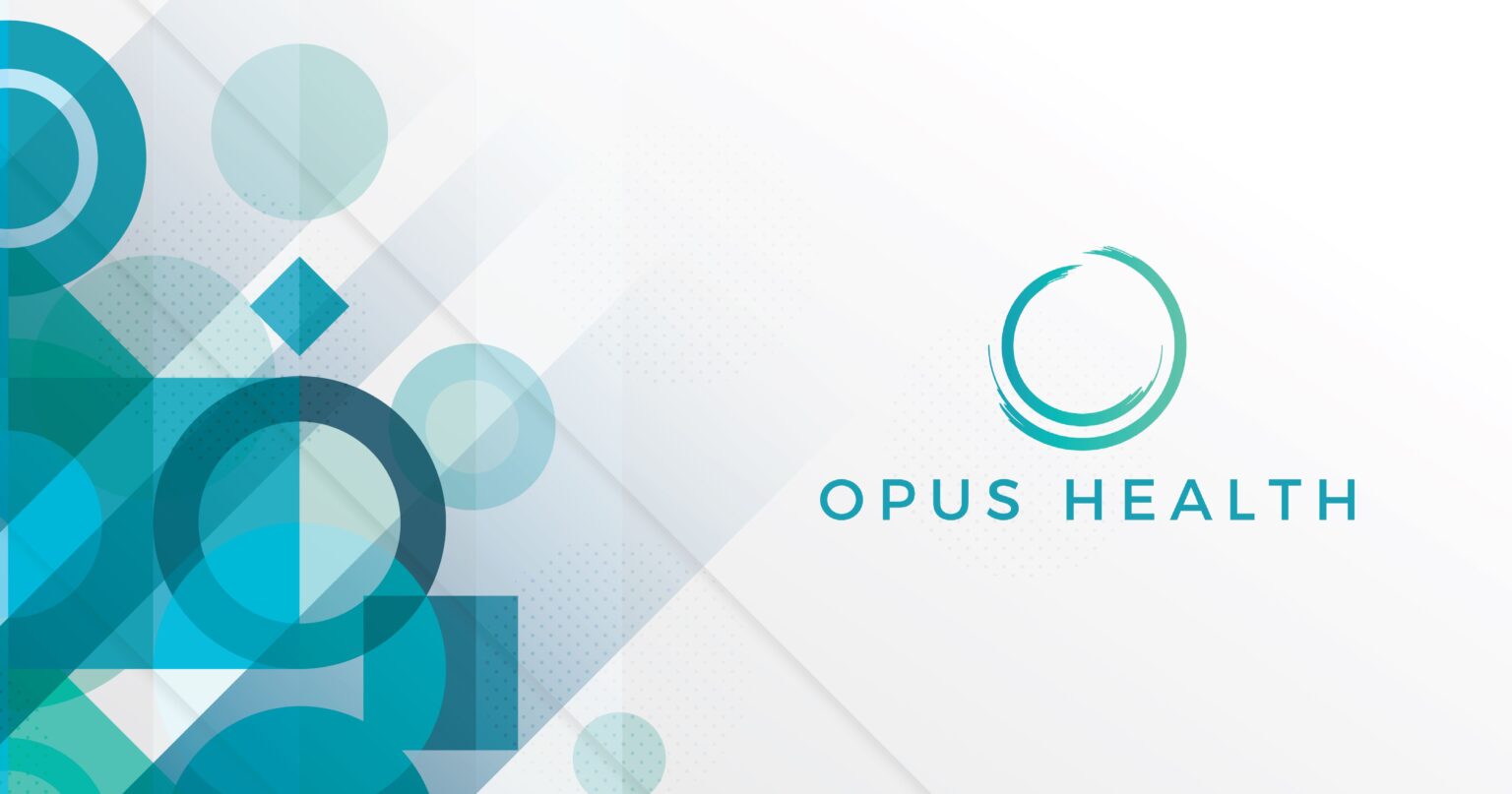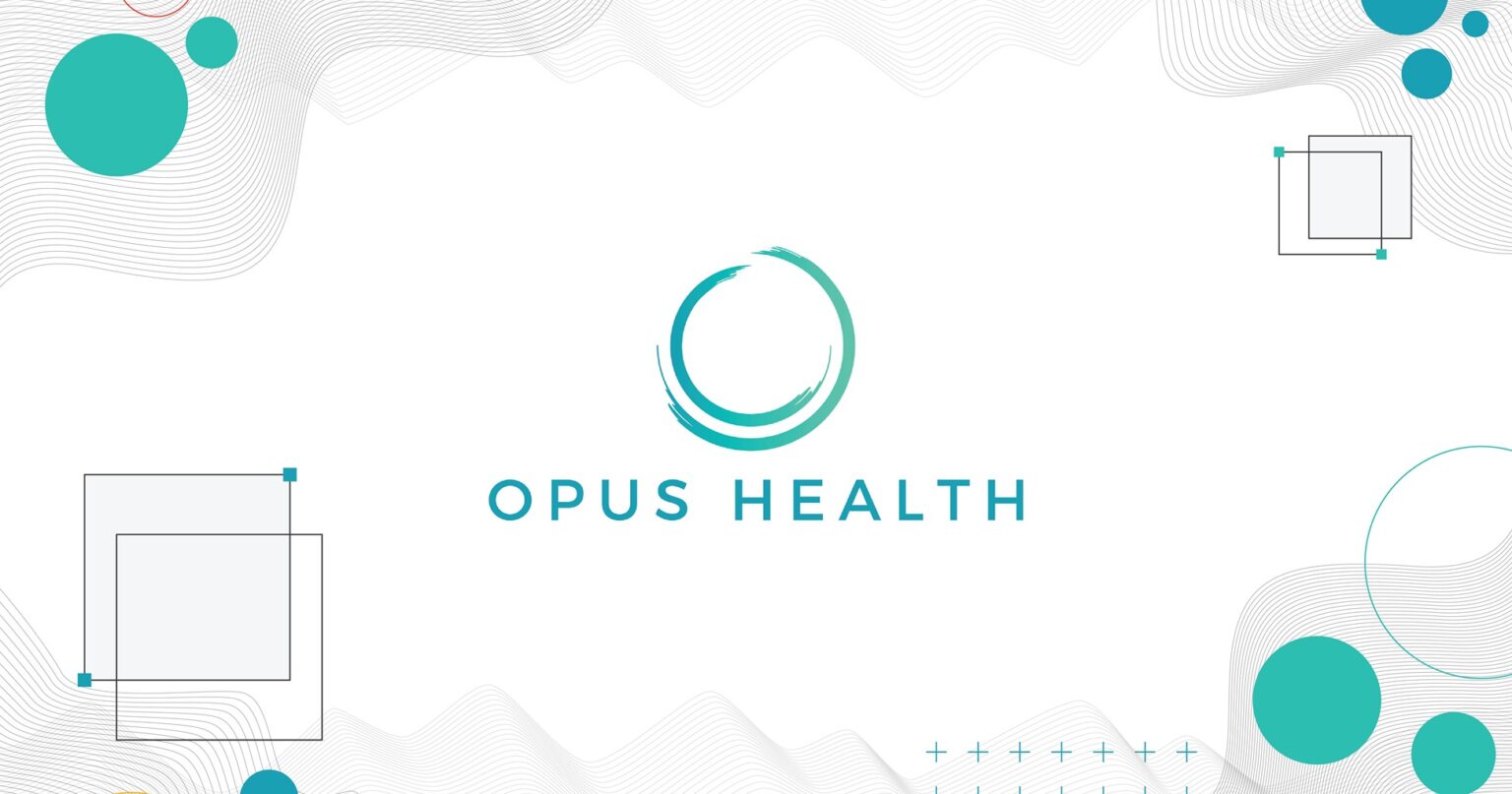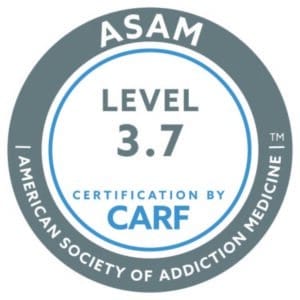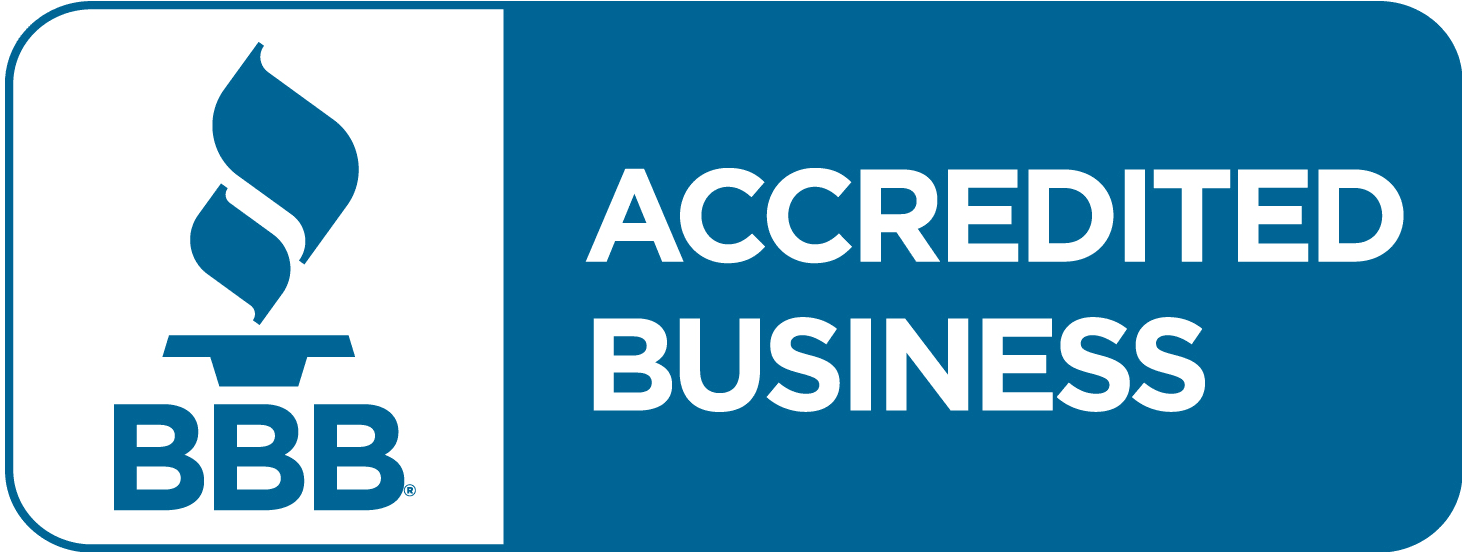Guilt and Shame in Recovery: Understanding, Healing, and Moving Forward
Guilt and shame are common emotional challenges during addiction recovery. These intense feelings often emerge after engaging in addictive behaviors, leading to negative self-perceptions and emotional distress. At Opus Treatment, we help clients understand the difference between guilt and shame, while teaching strategies to manage these painful emotions for long-term recovery.
Understanding Guilt and Shame
Defining Guilt
Guilt feelings occur when individuals recognize they’ve caused harm or violated their values. This acknowledgment of wrongdoing often leads to a sense of regret, known as guilt activations. Guilt in recovery can be productive when used as a catalyst for change.
There are various types of guilt, including chronic guilt, which can linger and interfere with emotional healing. Studies on guilt across age groups show how levels of guilt vary between youth, educated people, and those in late adulthood.
Defining Shame
Shame in recovery refers to the belief that one is a bad person. Unlike guilt, which targets actions, shame affects identity and causes negative self-conscious emotions. Shame-prone people often internalize their feelings of failure and struggle with life satisfaction.
Key Differences Between Guilt and Shame
The differences between guilt and shame lie in focus. Guilt is linked to behavior; shame is tied to self-worth. The difference between shame and guilt shapes how people process emotional pain. While guilt may push someone to make amends, shame can cause a downward spiral of secrecy and negative emotions.
The Role of Guilt in Recovery

Constructive Aspects of Guilt
In addiction recovery, guilt can support accountability and self-awareness. It encourages individuals to reflect on their life experiences, acknowledge mistakes, and take steps toward healing.
Guilt and Accountability
Responsibility without blame is key in treatment. Taking ownership of past actions without self-condemnation empowers recovery and strengthens emotional growth. Guilt levels can help track this progress during therapy.
Facilitating Healing Through Guilt
Therapists often measure guilt using a guilt scale or guilt score, identifying the level of guilt in individuals and using therapeutic interventions to transform it into motivation for positive change. Recognizing the potential of guilt as a growth tool helps individuals build healthier relationships and reduce maladaptive behaviors.
The Impact of Shame in Recovery
Why Shame is Harmful
Shame in addiction recovery poses one of the biggest hurdles to healing. It leads to negative feelings, social withdrawal, and ideation in gambling disorder, substance relapse, and even suicide attempts. The shame of addiction is often tied to moral failures, societal stigma, and personal regret.
Shame and Self-esteem
Levels of shame are often tied to self-esteem issues. The degree of shame someone carries impacts their mental illness, physical health, and willingness to seek support. Studies show the correlation between shame and decreased engagement in mental health services.
Shame’s Role in Relapse
High shame levels increase the risk of relapse. The correlation with shame and addictive behaviors has been documented in current studies, which emphasize the significance of shame in maintaining sobriety. Understanding the connection between shame and relapse is critical for effective alcohol recovery and drug abuse treatment.
Interaction Between Addiction and Emotions

How Addiction Exacerbates Guilt and Shame
Substance use disorders amplify feelings of guilt and shame. People with drug addiction or alcohol problems often engage in behaviors that reinforce negative self-perceptions. This creates a cycle where guilt and shame lead to continued use.
Emotional Triggers in Substance Abuse
Emotions of shame and guilt often act as triggers for relapse. These strong emotions, especially when paired with stressful life events, can overwhelm individuals and hinder progress. Socioeconomic factors and sociodemographic factors also influence emotional resilience during recovery.
Strategies for Overcoming Guilt and Shame
Therapy and Counseling
Cognitive theories and approaches like Socio-emotional Selectivity Theory provide insight into managing emotional responses. At Opus Treatment, we offer therapy that addresses guilt in individuals, helping them build healthier thought patterns and emotional regulation.
Practicing Self-Compassion
Learning to manage negative self-conscious emotions starts with self-compassion. This involves recognizing one’s humanity and letting go of Retributive blame. It is a powerful tool to challenge the connection between shame and worthlessness.
The Power of Forgiveness
Forgiving yourself breaks the cycle of guilt and shame. Forgiveness fosters healing, especially for those carrying the shame of addiction or past feelings of failure.
Adopting Healthy Coping Mechanisms
Replacing harmful habits with positive ones can reduce activation on alcohol dependence. Activities like journaling, fitness, and mindfulness help release intense feelings and support emotional health.
Transforming Self-Blame
Moving From Self-Blame to Empowerment
Transforming guilt feelings into personal responsibility leads to empowerment. Instead of internalizing shame, individuals can focus on building strong connections and new values in their approach to recovery.
Building a Future-Oriented Identity
Recovery involves rewriting your identity. Focusing on future goals and redefining your self-image helps reduce the risk of shame and prevent return to maladaptive behaviors.
Case Studies and Practical Tips

Real-life Examples
A Turkish sample of people with gaming disorder showed that degrees of guilt were linked to social withdrawal. In another military sample, higher guilt levels were observed in individuals with post-traumatic stress disorder, highlighting the importance of mental health services in structured populations.
Practical Techniques for Managing Emotions
- Use grounding techniques when experiencing strong emotions
- Create a daily routine to reduce stressful life events
- Join peer-led support groups to discuss regrets in life
- Read books on emotional healing and negative self-conscious emotions
Support and Resources
Finding Therapy and Support Groups
Seeking help is vital. Whether dealing with guilt in recovery or the challenges of shame, therapy and community groups offer relief. Opus Treatment connects clients with licensed therapists and mental health services that support long-term healing.
Recommended Reading and Online Resources
- Self-Conscious Emotions by Berenbaum H.
- SAMHSA (Substance Abuse and Mental Health Services Administration) – www.samhsa.gov
- NAMI (National Alliance on Mental Illness) – www.nami.org
- Online support forums for people recovering from shopping disorder, alcohol dependence, or drug dependence
Treatment Options for Sustainable Recovery
Opus Treatment offers personalized care for those struggling with guilt, shame, and addiction. Our services include detox, residential rehab, outpatient care, and ongoing support designed to address the emotions of shame, foster resilience, and support lifelong sobriety.If you’re feeling stuck in guilt or shame, you’re not alone. Call Opus Treatment today to speak with our admissions team. Healing starts with one step—and we’re here to help you take it.
Frequently Asked Question's
The main difference between guilt and shame lies in focus. Guilt is about specific behaviors—what someone did wrong—while shame is about who they believe they are. In addiction recovery, guilt can lead to accountability and positive change. Shame, however, leads to negative self-perceptions, feelings of being a bad person, and emotional isolation. Understanding this difference is crucial because guilt can drive growth, while shame in addiction recovery often triggers relapse and low self-worth.
Shame plays a harmful role in recovery. It is one of the biggest hurdles for people trying to maintain sobriety, often tied to moral failures, painful emotions, and a strong sense of unworthiness. High levels of shame correlate with an increased risk of relapse and mental illness. The connection between shame and negative outcomes like suicide attempts, emotional withdrawal, and chronic stress highlights the importance of addressing shame through therapy and support.
Yes, guilt can serve a constructive purpose in recovery. When someone acknowledges past mistakes without self-condemnation, guilt can become a motivator for change. Guilt encourages accountability, supports relationship repair, and strengthens personal values. Therapists often work with individuals to transform guilt feelings into positive action, helping clients overcome emotional blocks and rebuild their lives.
Managing guilt and shame involves therapeutic interventions, support groups, and self-compassion practices. Cognitive Behavioral Therapy (CBT) helps individuals challenge negative thinking tied to shame, while group therapy fosters connection and reduces isolation. Mindfulness, journaling, and healthy routines can reduce emotional triggers. The key is to shift from self-blame to empowerment, focusing on future goals instead of past regrets.












